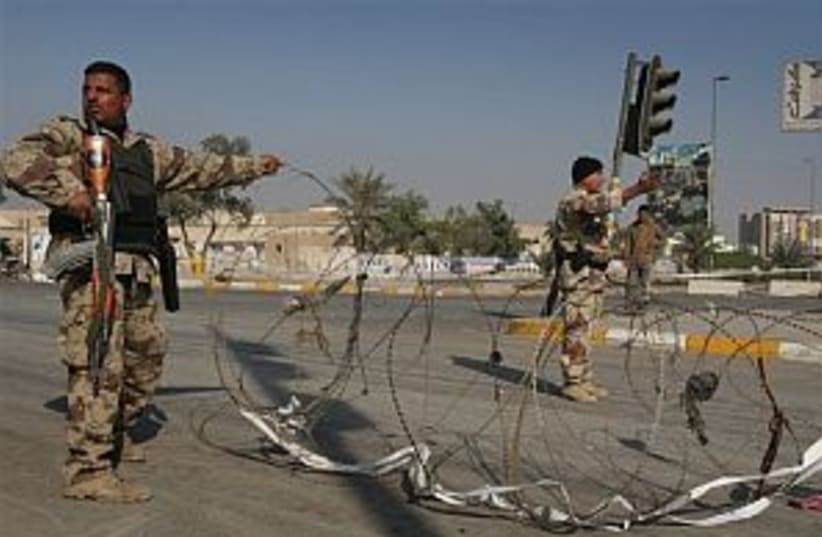| More about: | George W. Bush, Saddam Hussein, Islamic Movement of Kurdistan, White House |
Iraq locks down ahead of Thursday's vote
15 million to decide post-Saddam parliament make up.


| More about: | George W. Bush, Saddam Hussein, Islamic Movement of Kurdistan, White House |